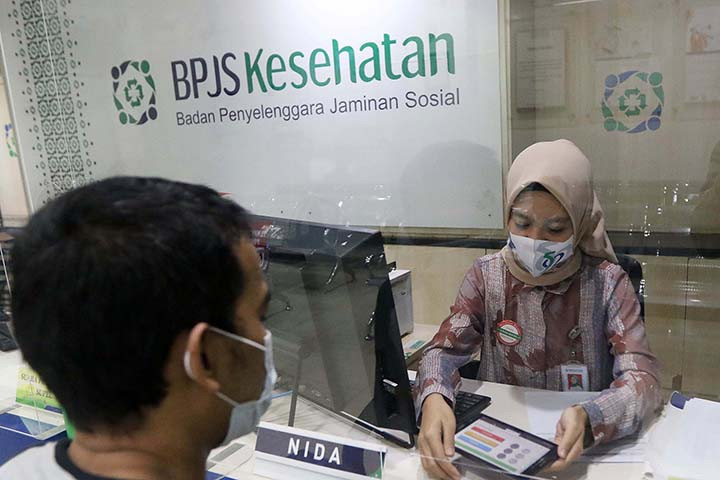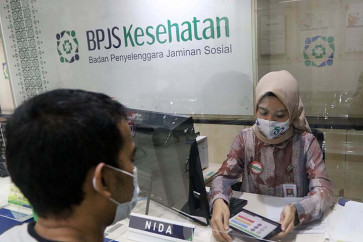Popular Reads
Top Results
Can't find what you're looking for?
View all search resultsPopular Reads
Top Results
Can't find what you're looking for?
View all search resultsUse big data for JKN efficiency, deficit relief: Researchers
Change text size
Gift Premium Articles
to Anyone
R
esearchers are urging the government to tap into big data to optimize the National Health Insurance (JKN) program, which has suffered financial deficits since its establishment.
“Big data opens up an opportunity for us to improve the efficiency and quality of health services and solve various issues in the health sector,” SMERU Research Institute director Widjajanti Isdijoso said in a recent virtual discussion.
Big data seeks to make sense of large, diverse and changing data sets to address issues and make predictions.
One way to capitalize on big data is to use it to predict patients who have a high risk of high-cost, catastrophic diseases based on their economic, social and health factors, SMERU research and outreach deputy director Athia Yumna said during the discussion.
Such predictions would help health facilities prevent costly diseases early and use more efficient treatments instead, she added.
Heart disease, cancer and stroke were the three most costly catastrophic diseases last year, according to a 2019 financial statement of the Health Care and Social Security Agency (BPJS Kesehatan), which runs the JKN. Noncommunicable diseases also put a large burden on the JKN.
Cutting down costs by leveraging big data could help sustain the deficit-stricken JKN. The national insurance scheme has been operating at a loss since it was launched in 2014, with officials forecasting a deepening trend from the Rp 13 trillion (US$872.59 million) deficit incurred last year.


















